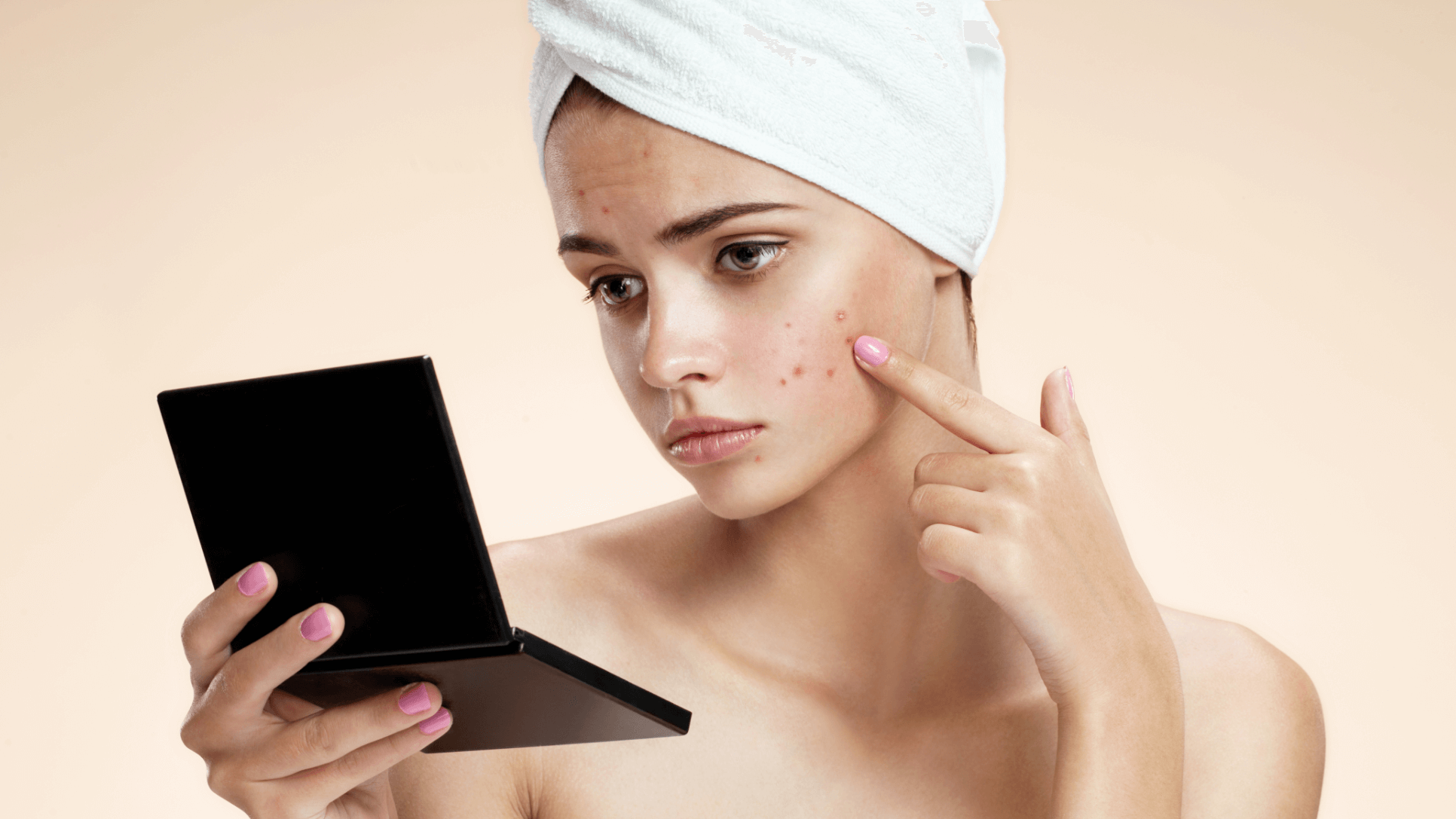What you need to know about taking Accutane!

Accutane, or isotretinoin, is an oral acne medication that is used for the treatment of moderate to severe acne, or acne that has been unresponsive to conventional therapies such as oral antibiotics and topical medications.
Accutane is a serious medication. It is also a medication that can provide serious results. Over the ten years that I have been practicing dermatology I have prescribed this medication to significant number of patients and have developed skills and tips to help patients better understand and navigate this somewhat complex and serious process. Disclaimer: This is not a comprehensive guide to Accutane, just some simple information about it. We will discuss more in depth during our office consultations.
Accutane is not a first line acne medication. It is likely that you will need to try both topical and oral acne medication(s) prior to becoming a potential candidate for this medication. Depending on the severity of your acne, these trials of medications can be weeks to months. If we are not able to control your acne with prescription medications, Accutane will likely become part of our conversation as a potential treatment option.
A typical Accutane course is roughly 6 months. Over these 6 months, you will need to complete monthly bloodwork in addition to a monthly office visit. We monitor liver function, blood counts, lipids (triglycerides), and pregnancy tests for our female patients. In monitoring these levels monthly, I am able to pick up on potential complications earlier and correct them before they become a problem.
Accutane should typically be taken twice daily with food. Studies have shown that spacing out the doses by roughly 12 hours keeps a good level of Accutane in your body. It is absorbed in the GI tract with food, so it is advised that you take it with breakfast and dinner. While on Accutane, you will not need to use other acne medications. It is almost certain that dry skin will be a problem during some or all of the 6 months that you are on Accutane. A good face moisturizer, lip balm, and SPF are all things that you will need to keep on hand. Not only will your skin be dry, but you will also be very photosensitized, or able to burn faster in the sun. I usually try to give samples of some good options as far as moisturizers and SPF. These products are not cheap so its nice to be able to try them before spending all that money and hating the cream!
During our monthly office visits, we will take photographs to monitor your progress, go over your bloodwork results, discuss potential side effects, as well as answer any questions that you may have about the medication or process in general.
While on Accutane, you will not need to use other acne medications. It is almost certain that dry skin will be a problem during some or all of the 6 months that you are on Accutane. A good face moisturizer, lip balm, and SPF are all things that you will need to keep on hand. Not only will your skin be dry, but you will also be very photosensitized, or able to burn faster in the sun. I usually try to give samples of some good options as far as moisturizers and SPF. These products are not cheap so its nice to be able to try them before spending all that money and hating the cream!
This medication has potential side effects. During our initial visit we will discuss these at length to ensure that you understand the potential for these risks as well as what we do to monitor for them. This medication is monitored by the iPledge program. www.ipledgeprogram.com
What happens after I stop Accutane? For most patients, long term control of acne is maintained even after completing the six-month course. A good cleanser and moisturizer/spf may be the only routine you need to keep your skin clear! I typically like to offer my patients a topical retinoid cream once we complete the course of Accutane. This topical cream can help decrease the appearance of potential scars, fade dark spots left behind from your acne, and helps to keep the texture of the skin smooth moving forward. In addition to a retinoid, SPA361 offers many options to help improve the appearance of scars and pigmentation problems post Accutane.
While this medication is not for everyone, it has changed lives for many of my patients battling with acne. If you are struggling with acne, come and see me, Charles Capaci, PA-C, at the Fort Washington, Pennsylvania office, or at our newly renovated Lansdale, Pennsylvania office, and we will discuss your options.
Whether its Accutane or something else, there are many amazing and safe acne medications out there.
